Composure: Designing a book to build a movement
Shaka Senghor is a New York Times bestselling author whose words have changed lives. His story doesn’t begin in a penitentiary—but it’s fair to say that’s where it began again. Behind bars, he found a second chance and began to write a new chapter—one that has since inspired millions.
Despite the success of his memoir Writing My Wrongs: Life, Death, and Redemption in an American Prison, the book was banned in multiple correctional facilities across the U.S. That reality—both personal and systemic—sparked the vision for a new kind of book. One that couldn’t be easily silenced. One designed to reach the hands that need it most.
That’s when we teamed up with Shaka to create Composure: The Art of Keeping It Together—a pocket-sized book of hope, healing, and humanity. The mission: distribute one million free copies to schools, community programs, and correctional facilities across the country.
Composure is a visual journey of quotes, insights, and invitations to reflect. It’s introspective and arresting—by turns painful, funny, loving, and searingly honest. It captures Shaka’s own evolution—from a man locked up internally and externally to a powerful force for personal and collective transformation.
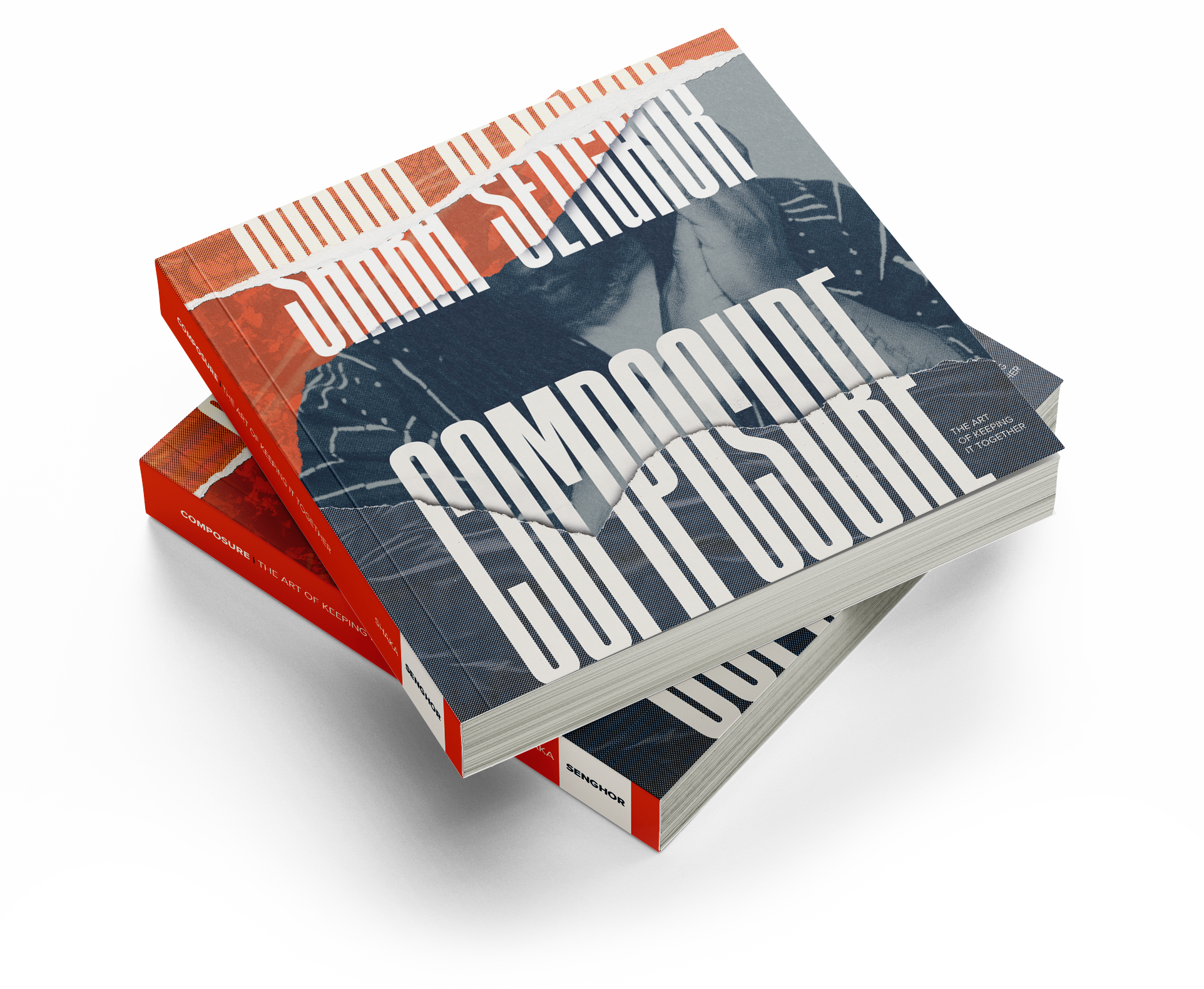
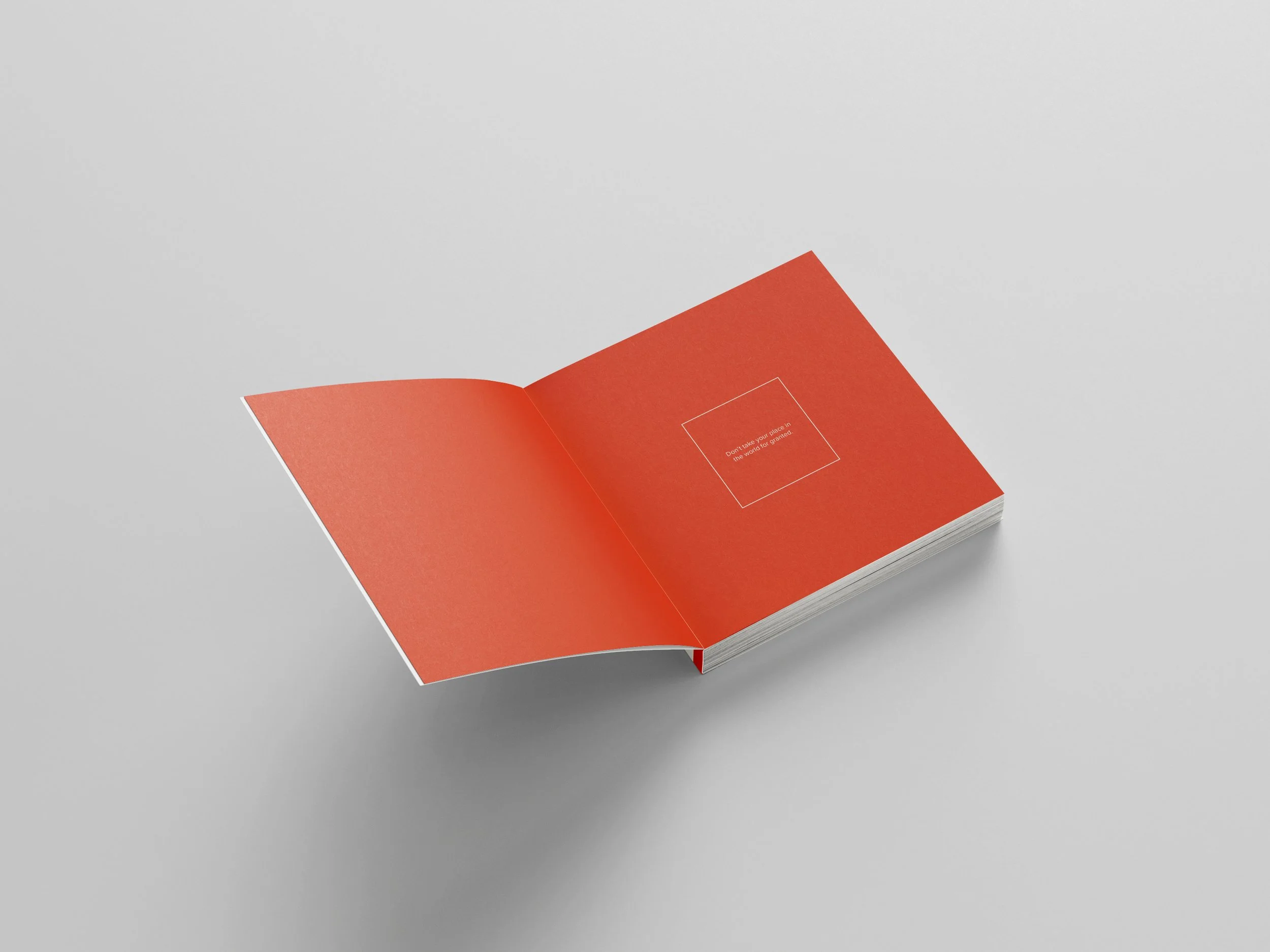
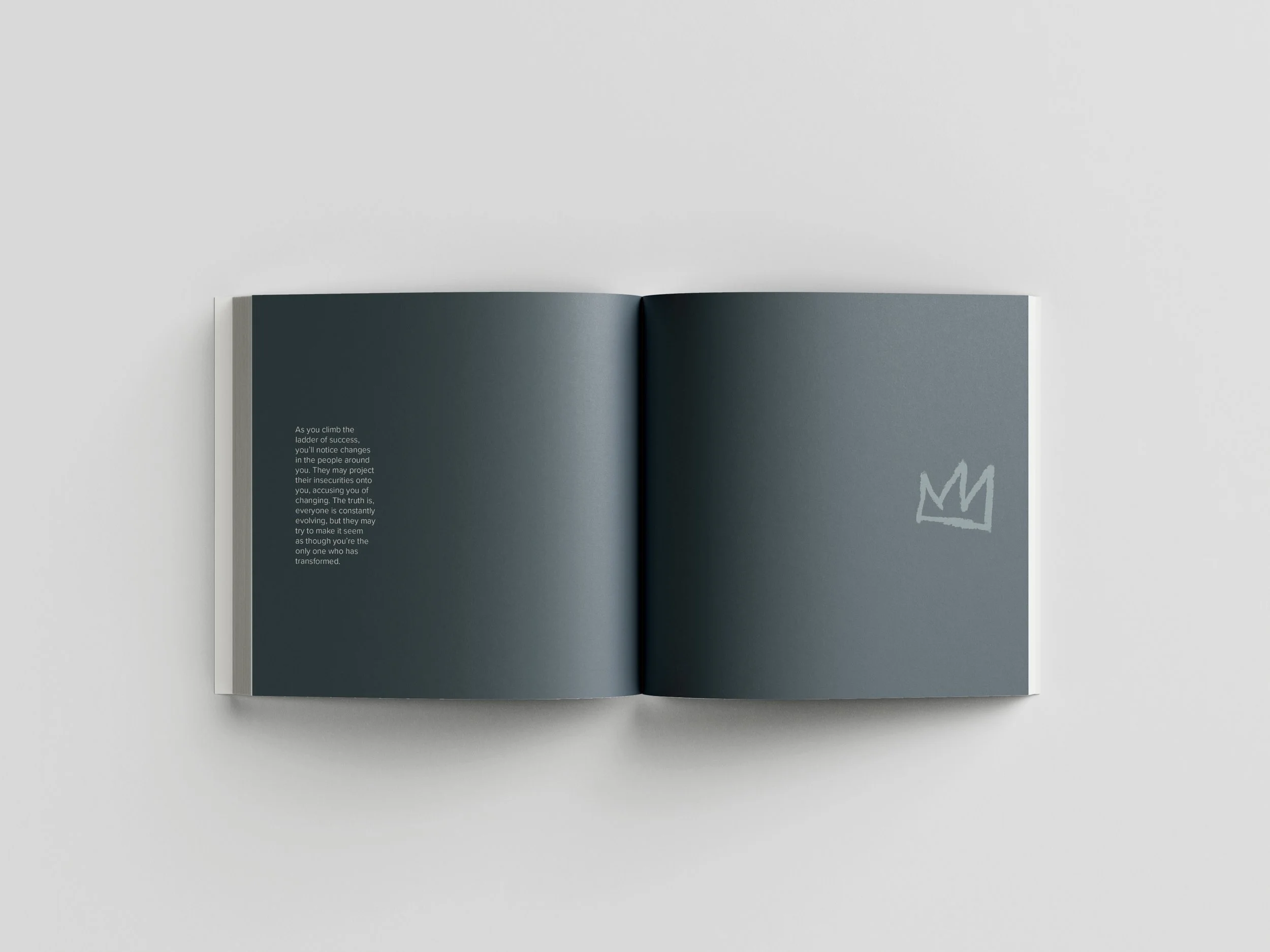
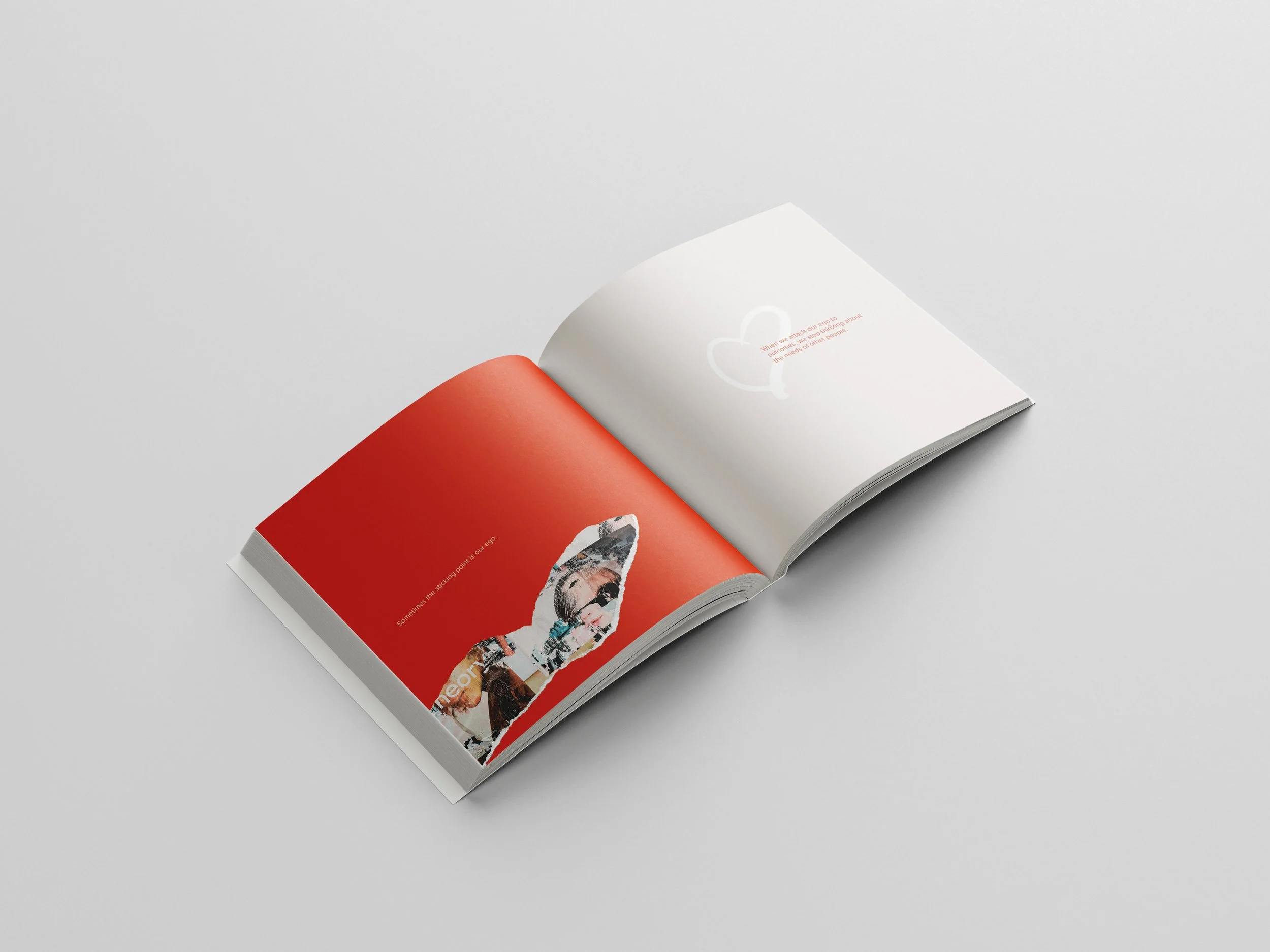
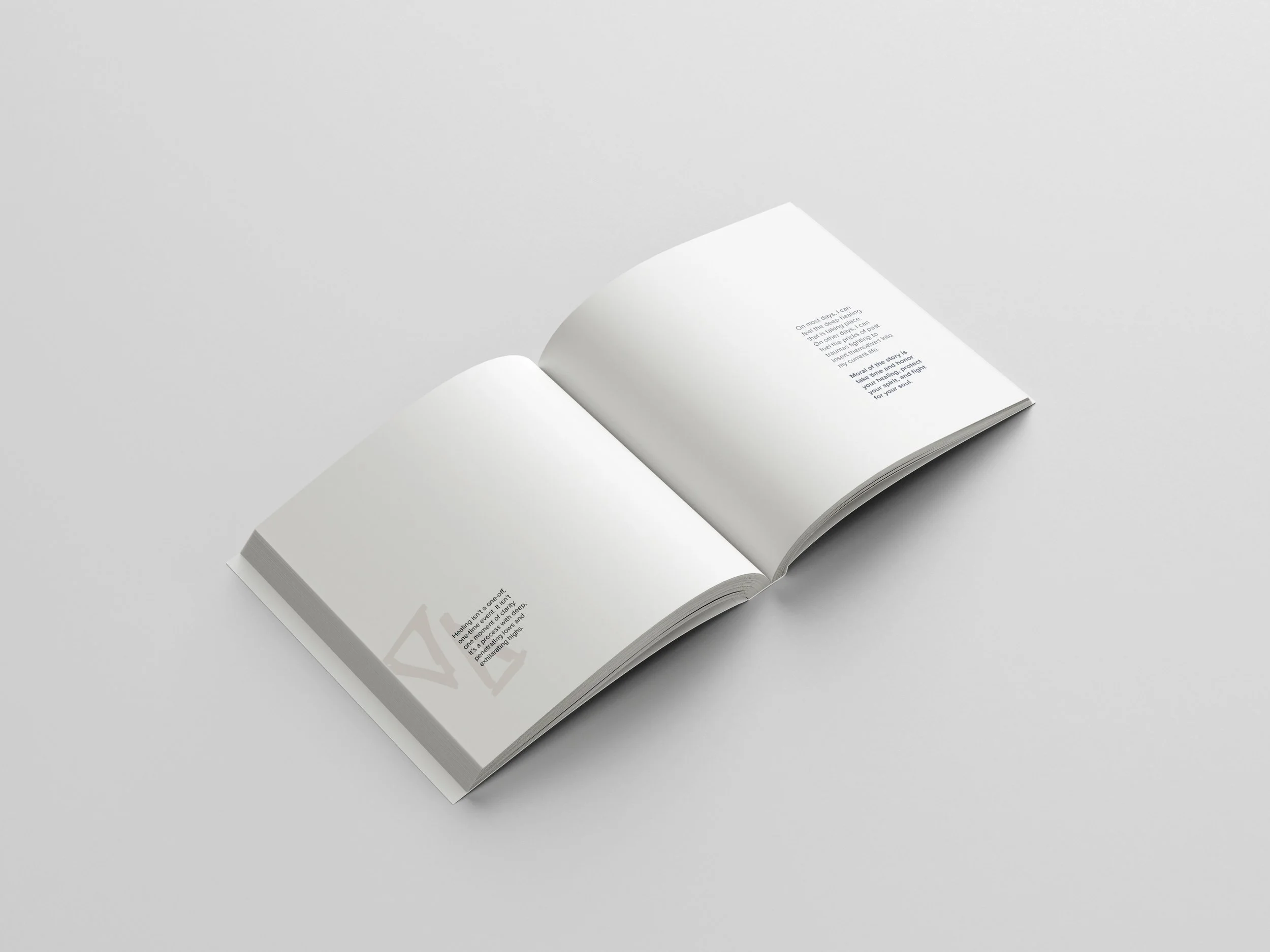
Shaka discovered the power of literature during his seven years in solitary confinement. The written word cracked something open. It allowed him to rewrite his narrative and ultimately emerge as an author, mentor, and sought-after speaker on grit, leadership, and resilience.
"We must have the courage to write our own narratives that showcase the full spectrum of our humanity. Only then can we experience true freedom."
Book bans in prisons operate in a legal gray area. While incarcerated individuals retain some First Amendment rights, the reality is murky. Prison systems can—and often do—ban books with little explanation, oversight, or consistency. Educational and self-help books are disproportionately affected. And yet, the data is clear: while three out of five incarcerated individuals are functionally illiterate, those who gain literacy in prison have a 16% recidivism rate, compared to 70% among those who don’t.
Composure was built to meet that challenge. We designed a book that’s small enough to fit in your back pocket but powerful enough to shift your perspective. Visually, it’s as beautiful as any coffee table book—clean, open, and intentionally organized around universal themes. Readers can start at the beginning or flip to any page. Between sections, journal prompts invite quiet reflection, encouraging readers to take what they’ve learned and make it personal.
Designing for this project required a careful balance of accessibility and intention. Every element—from the color palette to the typography—was chosen to create a sense of calm, openness, and trust. We wanted the form to echo the function: a guide to keeping it together, even when things fall apart. And because many of the people receiving this book may have limited or no access to traditional support systems, Composure had to do more than look good—it had to feel like a companion.
We’ve partnered with organizations active in prisons and with community stakeholders committed to public safety and reducing the high recidivism rate. Together, we're working to break down barriers, offer lifelines of hope, and empower individuals to rewrite their stories—one page at a time.
And Shaka isn’t done. His upcoming book, How to Be Free: Reflections on Liberation, takes the next step—delving even deeper into what it means to truly live beyond your past, your pain, and even your own perceived limitations. It’s a natural continuation of the work Composure began: helping readers name what holds them back so they can move forward, on their own terms.
We’re honored to be Shaka’s creative partner on this journey. These aren’t just books—they’re tools for transformation. And we’re proud to play a part, however small, in helping them make their way into the world.
